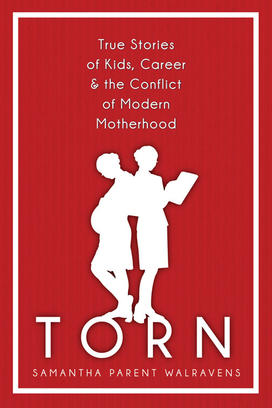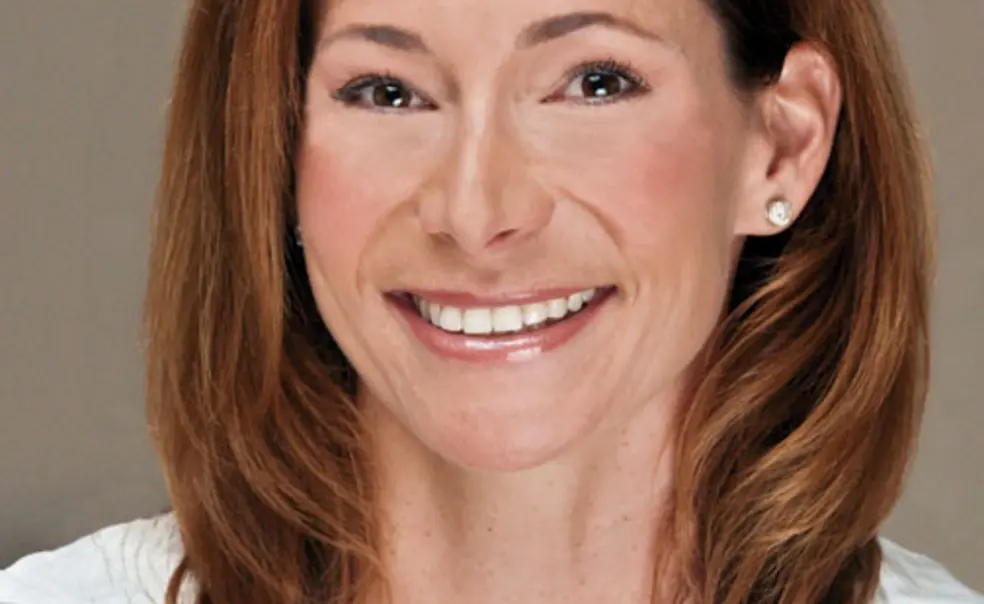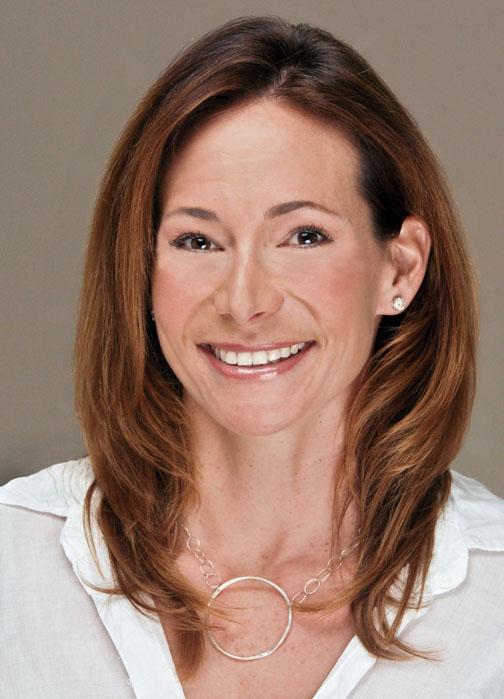Balance schmalance
Samantha Parent Walravens ’90 talks to other mothers who can’t do it all

When her first child was 2 and she was pregnant with her second, Samantha Parent Walravens ’90 was working long hours at an Internet startup in Silicon Valley. One evening, after a two-hour commute in heavy traffic, she returned home to face her son and husband, who were waiting for her to produce dinner. Exhausted, she threw a box of Cheerios on the table and told them to get their own meal. “I snapped,” she says.
After her second child was born, Walravens decided she couldn’t have both the promising career and happy home. She cut back to working part-time, then quit her job to freelance and rear four children. She reached out to other women to find out how they were coping. On TigerNet online discussion groups, she asked other women how they managed to do it all.
She was deluged with responses. Women told her that “they were not doing it all. They had not found any balance. They were living day to day,” says Walravens. Whether they were working full time, part time, or were full-time stay-at-home moms, “they were overwhelmed. They were overworked. They felt unappreciated.”
Torn: True Stories of Kids, Career and the Conflict of Modern Motherhood (Coffeetown Press), is a collection of 50 essays written by some of those women. Walravens edited the volume, and many of the essays are written by Ivy League-educated women — among them, 17 Princetonians.
The women include doctors and lawyers, writers and soldiers. One, her family’s sole breadwinner, visits a food bank with her children. Another contributor writes of getting pregnant as a 19-year-old college student. The women write about battling cancer, broken marriages, lowering professional ambitions, mommy guilt, and the joy of raising their kids.
This is no how-to book. Instead, it illustrates a range of choices women have made. The stories, Walravens writes, show that “there is no perfect mother, nor is there a perfect balance when it comes to kids and career.”
One Harvard-educated mother who headed to medical school, but chose not to pursue a career, feels fulfilled in her role as mother to six children. Another writer, Kathryn Beaumont ’96, a lawyer, likes putting on her suits and high heels even though it hurts a little to say goodbye to her daughter. A mother who scaled back her career as a journalist after having children regrets that decision now that she is divorced and barely able to make ends meet. And Majka Burhardt ’98, a professional rock climber, contemplates whether to have children at all.
Walravens hopes women of the next generation learn in Torn about the struggles that mothers face. Given many workplace policies that haven’t shifted enough to accommodate working parents, she says, “I hope my girls don’t have to face the same struggle and conflict. I hope that something changes.”













No responses yet